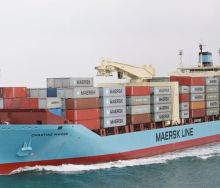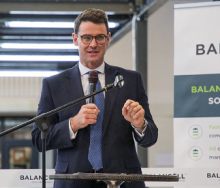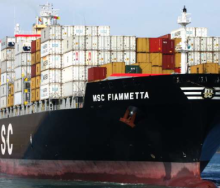The decision by the ruling African National Congress (ANC) to push to amend South Africa's Constitution and allow land expropriation without compensation highlights the need for a diversified, global investment portfolio.
This is according to global equity specialist David Nathanson of Bellwood Capital, who said: “Respect for property rights is one of the most important determinants of a country’s success. This latest announcement adds to the growing list of concerns facing South African investors, chief amongst which are the country’s deteriorating fiscal position and the financial condition of its State Owned Enterprises (SOEs).”
He stated that another risk that South African investors face is that the country has quite a high debt-to-Gross Domestic Product (GDP) ratio and another rating agency had downgraded the country as a result of the dent-to-GDP ratio.
He explained that it was not only South Africa that had investment risks, stating that “every country has got risks associated with investment”.
“The point here isn’t, not to invest in these countries or run away from them, the point is to manage it and the way to manage it is by spreading your risk across these countries and that’s why investors need to have a global portfolio, and that’s why they mustn’t be overexposed in any one country,” said Nathanson during an interview, adding that any investor in the world should be thinking global portfolio.
“South African investors are moving more and more to reach global investment and I think it makes sense for them to do so. And things like land expropriation are obviously a topical issue that would bring a debate to the podium, and for me, the point isn’t to predict what will happen in investments in that way, the point is to say there is always a risk with something like that, it could go wrong and there is chance that it doesn’t and we hope they will manage it well,” he added.
Nathanson further added that the importance of having a global portfolio should, therefore, be a core focus for any South African investor, as global diversification is the best way to manage country-specific risks.
“A global portfolio comes with the added benefits of being able to invest in a far broader opportunity set, and having unrestricted access to your funds from anywhere in the world,” he concluded.













